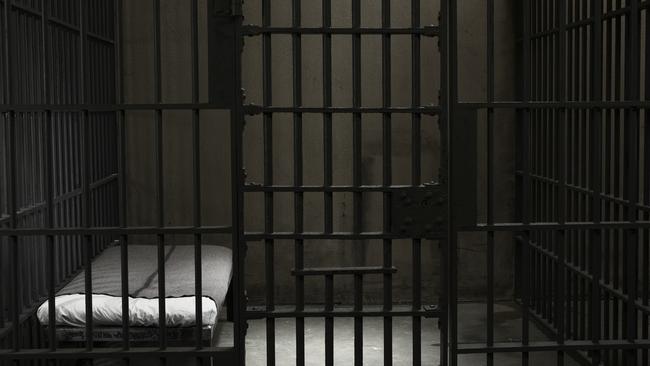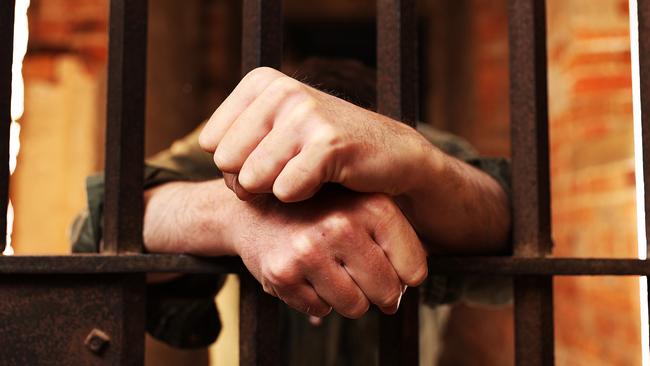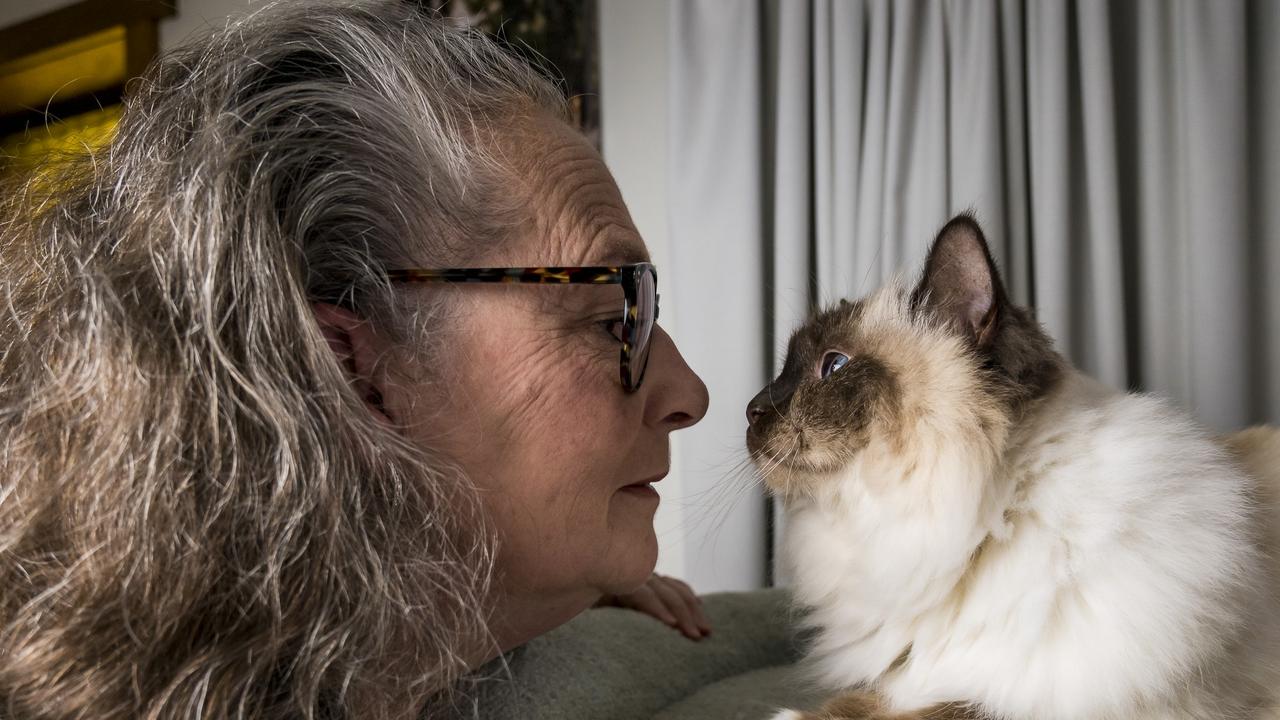Almost one in three parole applications adjourned in 2023-24 due to lack of housing for ex-prisoners
Tasmanian prisoners seeking parole are encountering one key obstacle in their bid for freedom – and it’s not necessarily the reason you may think.

Tasmania
Don't miss out on the headlines from Tasmania. Followed categories will be added to My News.
Nearly one in three parole applications were shelved in the last financial year due to a lack of housing in the Tasmanian community deemed suitable for ex-prisoners.
The Parole Board of Tasmania’s 2023-24 annual report, tabled in state parliament on Wednesday, revealed that 73 – or 29 per cent – of the total 253 applications for parole were adjourned because appropriate accommodation was unavailable.
This compared to 71 being deferred for the same reason in 2022-23 and 73 in both 2021-22 and 2020-21.

Leigh Mackey, the chair of the Parole Board, said public safety was “ at the forefront when considering suitability for parole of each applicant”.
“Whilst we seek to slake our thirst for punishment by warehousing inmates in correctional facilities and at significant monetary cost, we may be better served in engaging offenders at an early opportunity with therapeutic as opposed to purely punitive based inputs,” he said.
Barrister and chair of the Prisoners Legal Service, Greg Barns, said it was a “human rights issue” that inmates could not get parole due to a lack of housing.
“Keeping people in detention beyond the period that they ought to be kept in detention is a breach of international covenants and laws,” he said.

“And furthermore, it means that you’re simply warehousing individuals because we are not prepared as a society to ensure housing for ex-prisoners.
“And by doing that, we are, of course, increasing the risk of recidivism because prisoners who are forced to serve full-term are not getting any further rehabilitation and suitable housing is a key component of reducing the risk of reoffending.”
Mr Barns said the state government should build housing specifically for ex-prisoners and people transitioning out of the criminal justice system.
Corrections Minister Madeleine Ogilvie agreed that the provision of “safe and humane” accommodation was a key factor in ensuring former prisoners were able to “break the cycle of recidivism and successfully reintegrate into society”.

“The government continues to work with our partners to ensure that as many parolees as possible have access to appropriate housing,” she said.
“Those partners include the Salvation Army, with whom we work to deliver Beyond the Wire, a specialist throughcare reintegration program for parolees with unique needs transitioning into the community.”
Through funding this initiative, Ms Ogilvie said the government had also introduced a Prisoner Rapid Rehousing Program, providing people leaving custody with accommodation for up to 12 months.





